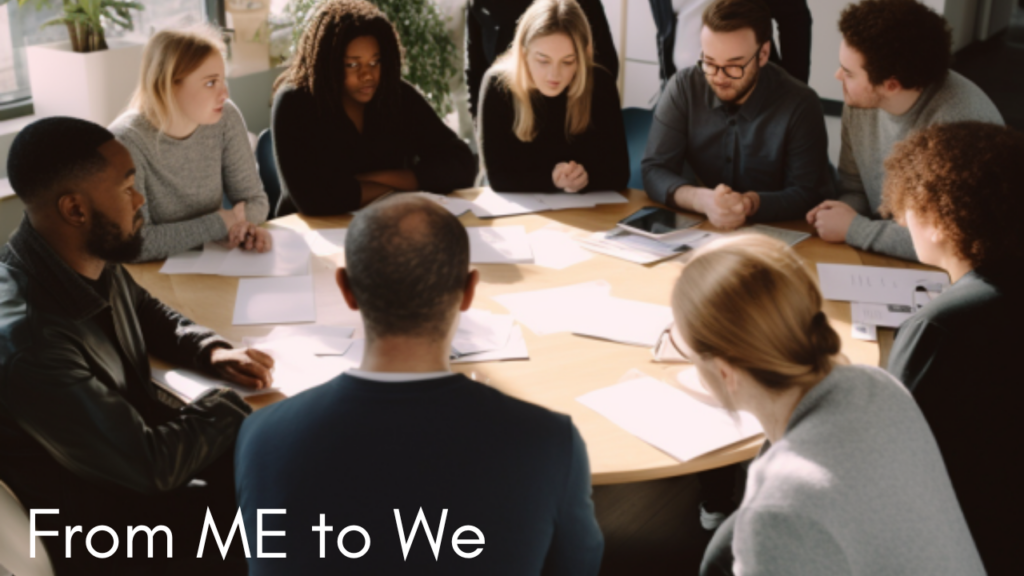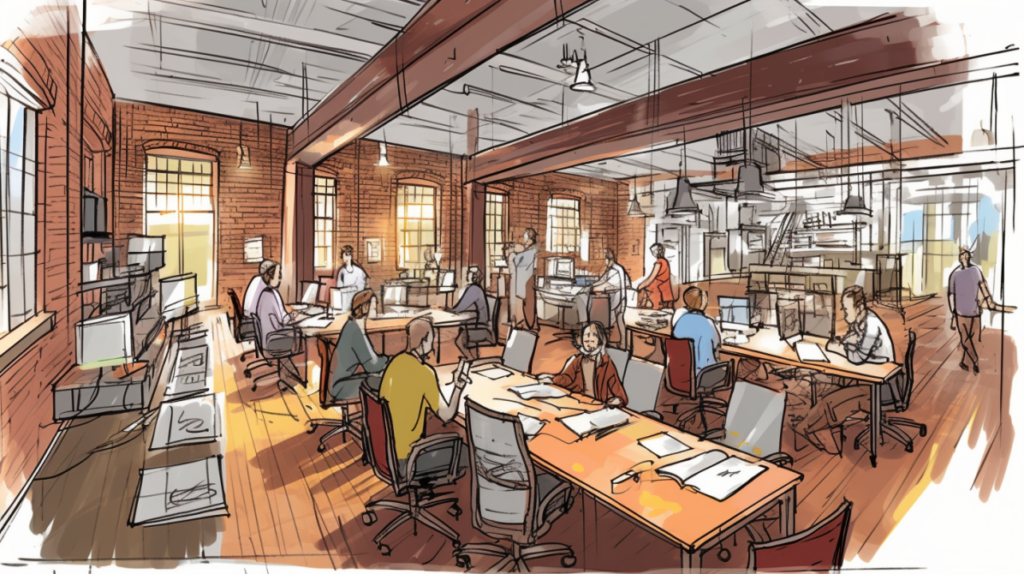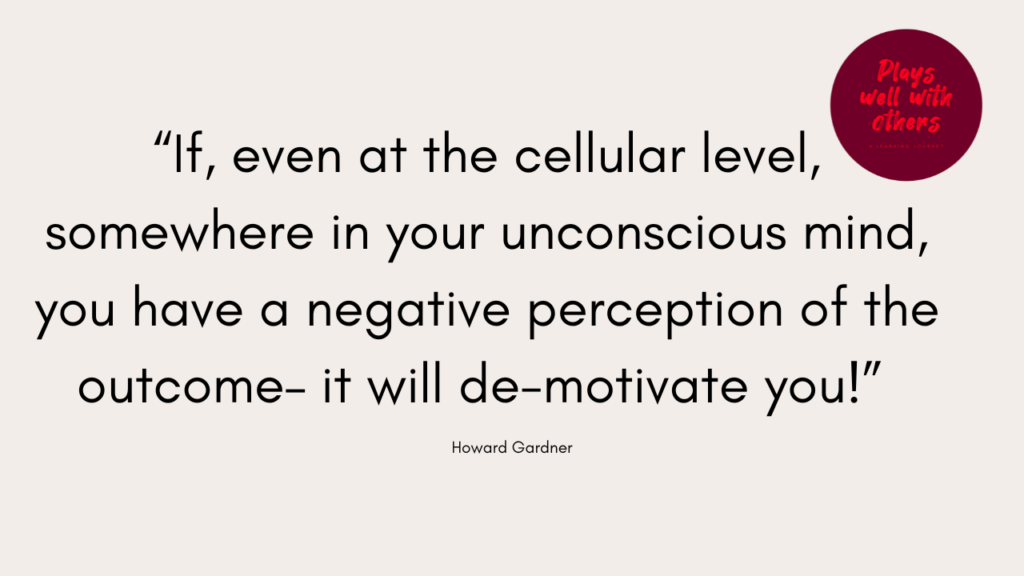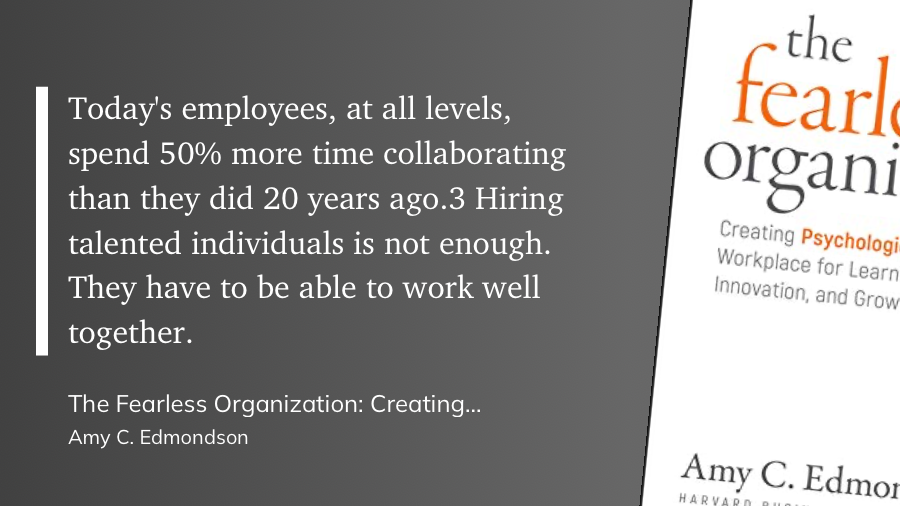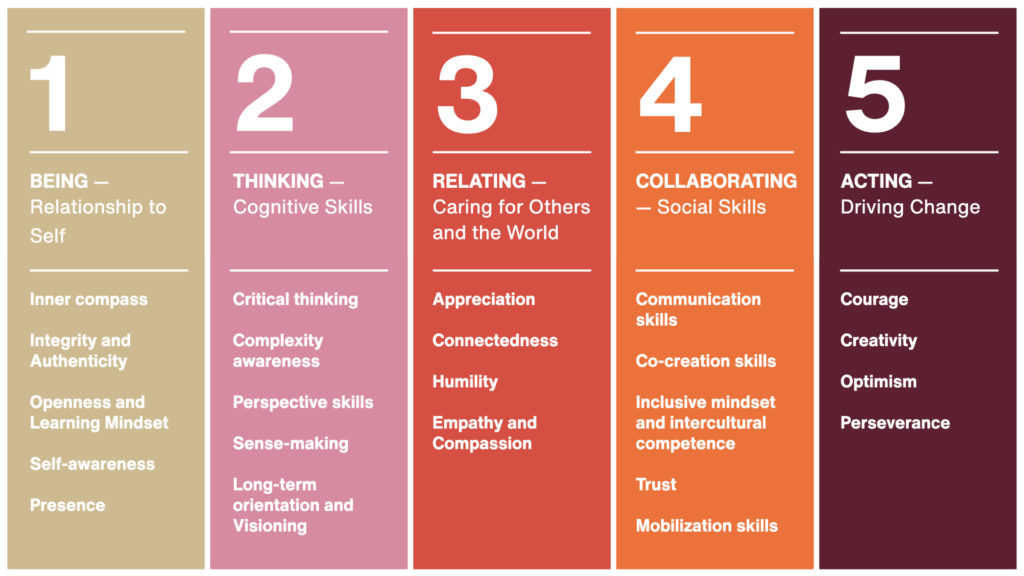In the fast-paced world of service management, relationships often take a backseat. We treat them with a certain fatalism as if they’re destined to either work or not. But just like a long-lasting marriage, sustaining quality professional relationships takes conscious effort.

The Misconception of Fate
We frequently adopt an almost romanticised notion about our work relationships: “If it’s meant to be, it’ll be.” This hands-off approach might spare you some emotional labour short-term, but it’s a ticking time bomb for inevitable relationship challenges.
The Art of Social Contracting
Peter Block brilliantly termed the upfront efforts in establishing a working relationship as ‘social contracting.’ It’s the understanding that both parties need to commit to a mutually beneficial relationship. No more leaving things to fate or chance; let’s get pragmatic about how we interact.
(The whole subject of social contracting and how to do it is a new post, so that will be for later.)
Maintenance over Mayhem
In a world where interdependency trumps solo efforts, relationship maintenance isn’t just good emotional hygiene—it’s a strategic imperative. You can’t afford to let any cog in the machine rust in complex service environments. It’s about ongoing attention, timely tune-ups, and, when necessary, full-scale interventions.
Resetting the Dials
Things don’t always go smoothly—misunderstandings, mismatched expectations, or the classic blame game can easily sour relationships. When things do go south, it’s your responsibility to reset the relationship dials. Being passive will only let the issue fester; taking action can steer the ship back on course.
Make Time for What Matters
Don’t underestimate the power of carving out time for relationship upkeep. Even a brief weekly check-in can go a long way in ensuring everyone is aligned, valued, and heard.
Remember, you’re not just maintaining relationships but sustaining the foundations of effective management.
Check out Plays well with others if you would like to get good at this.
